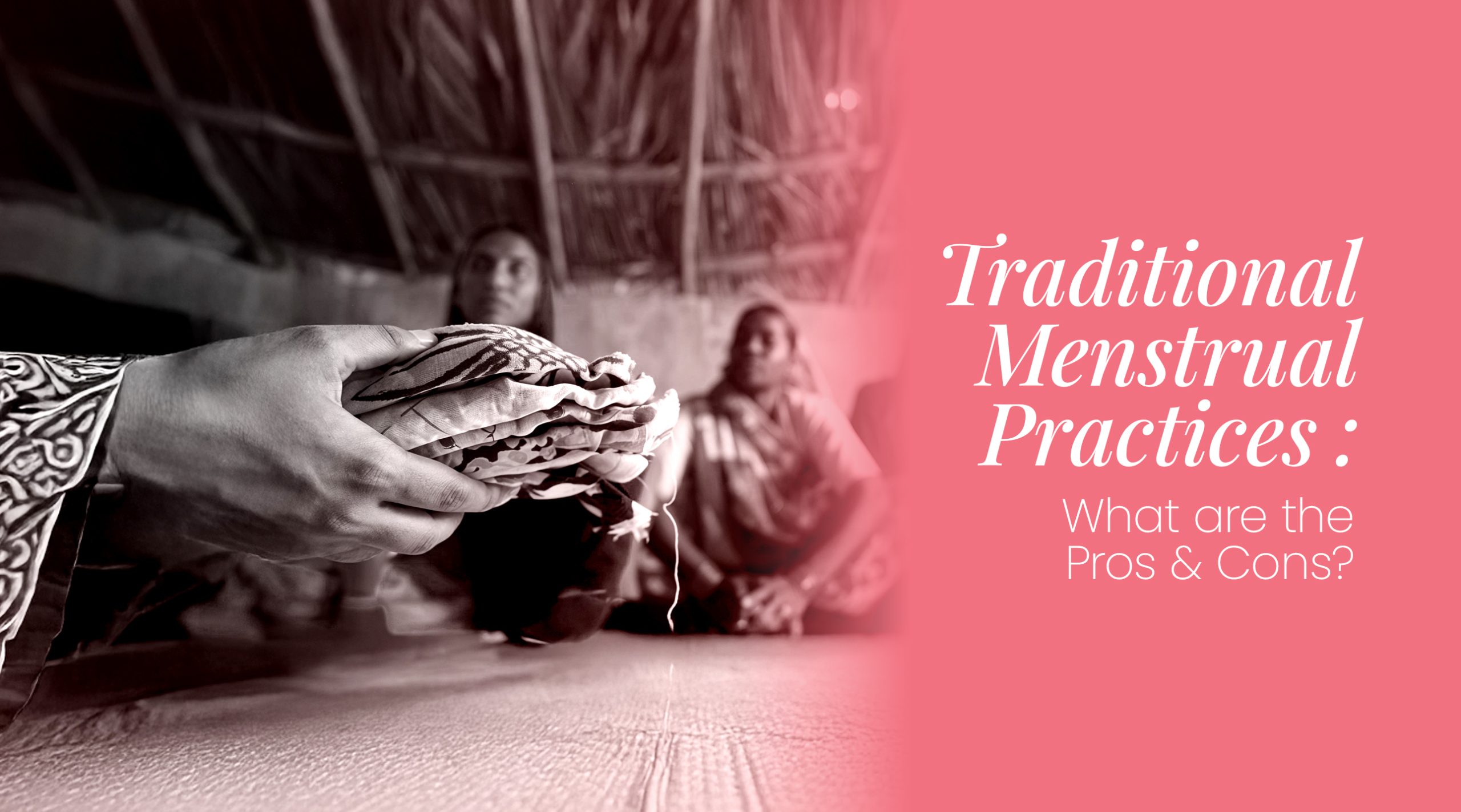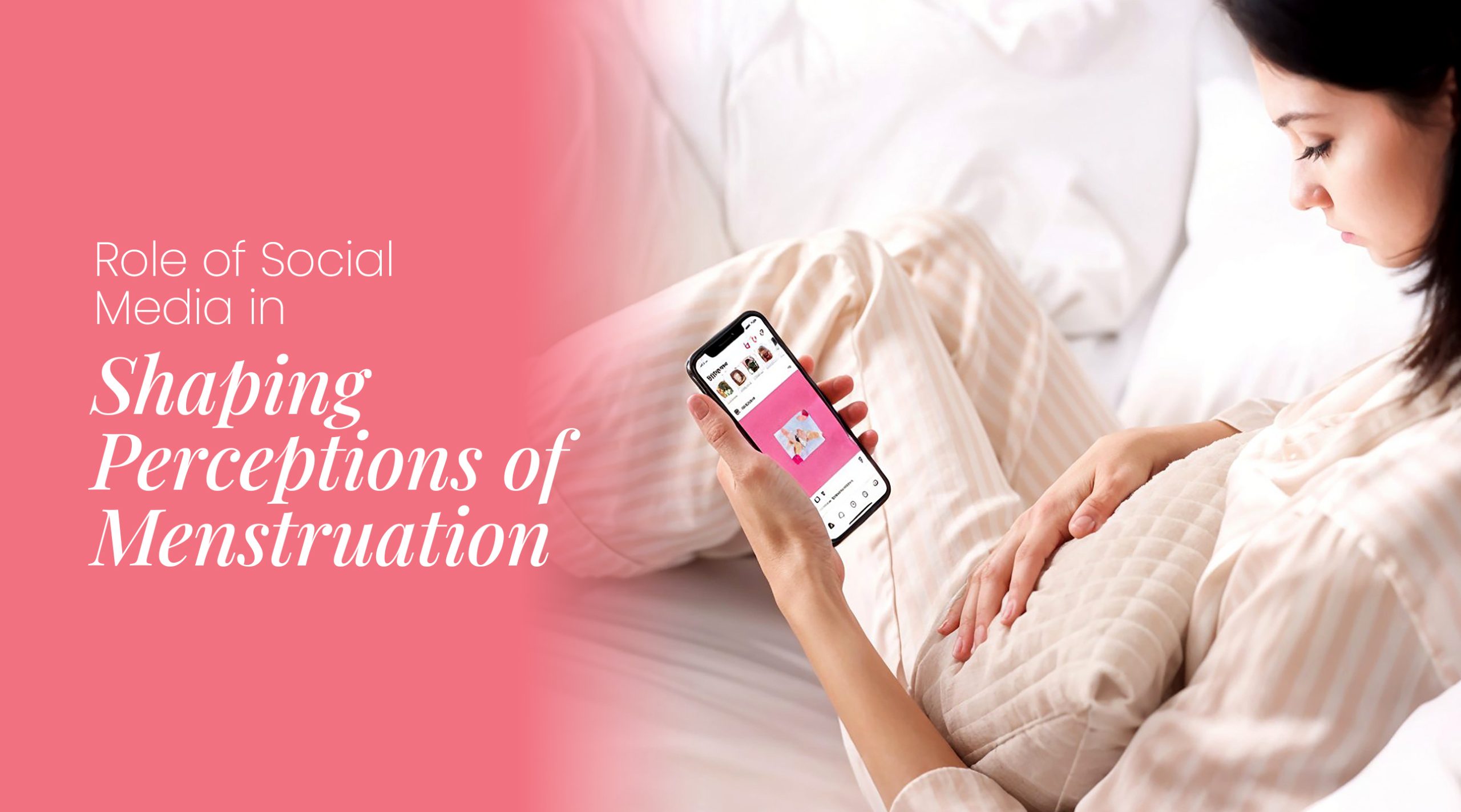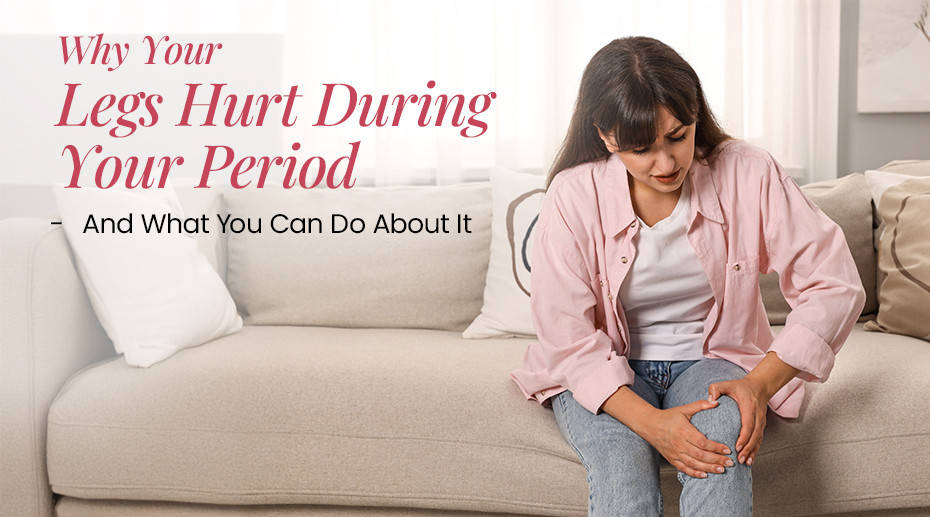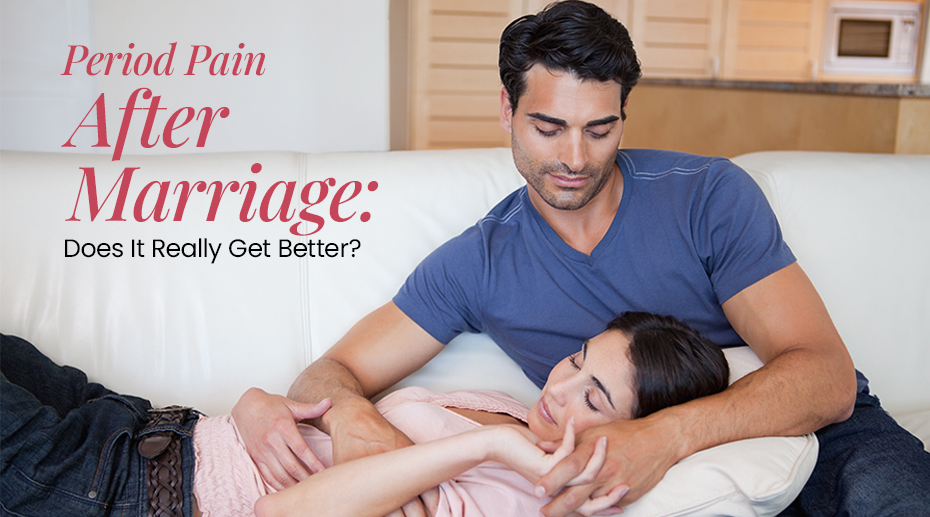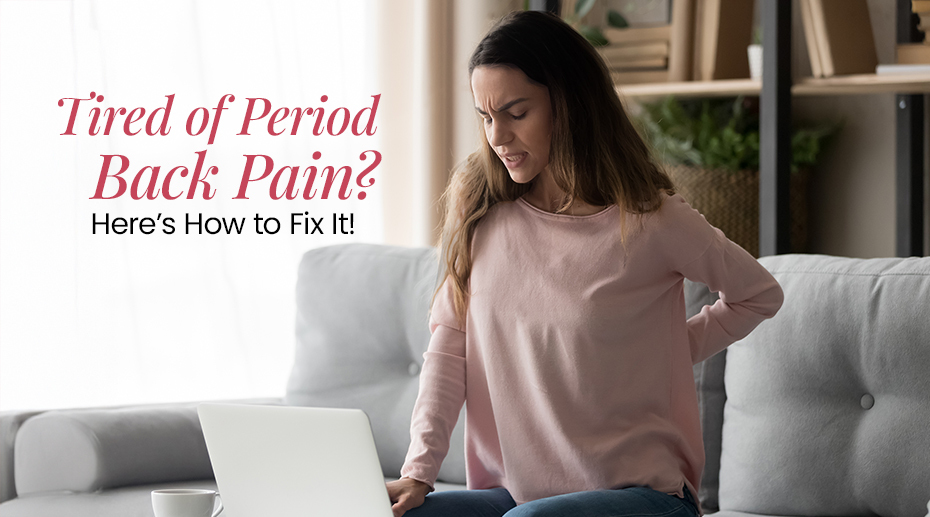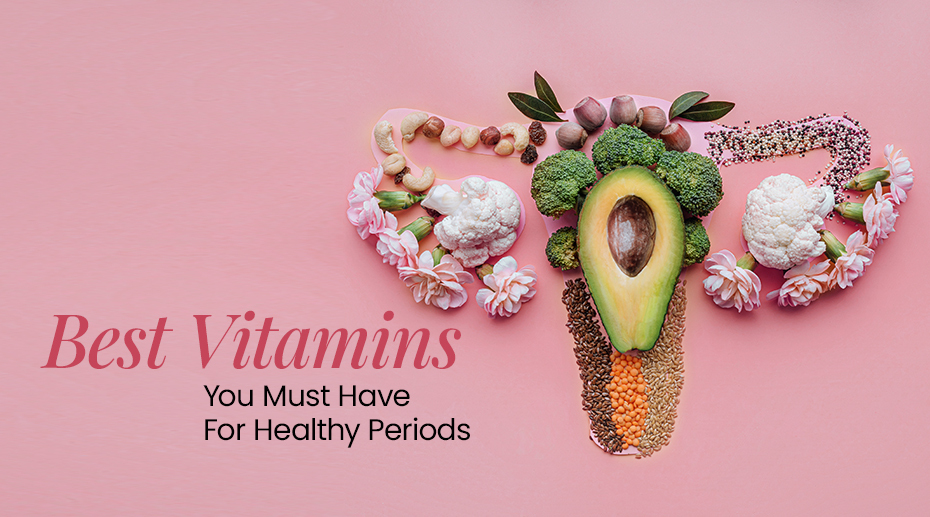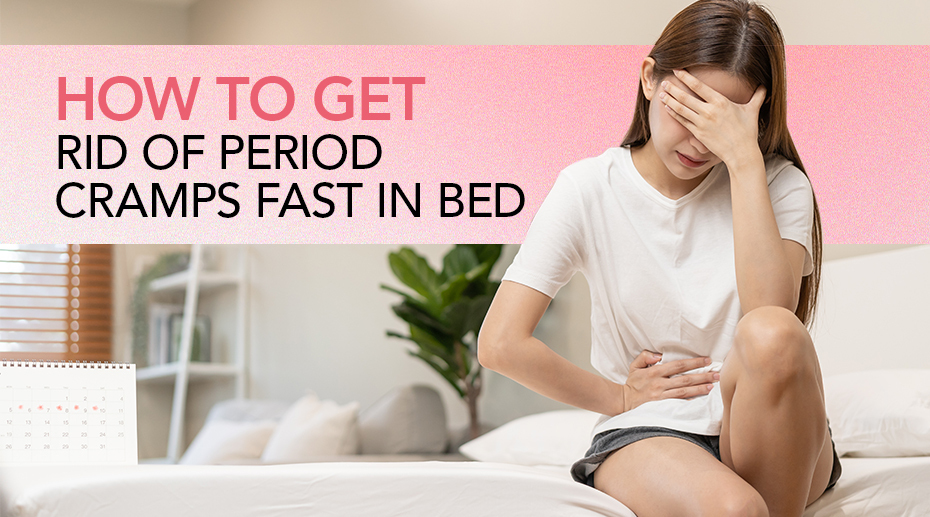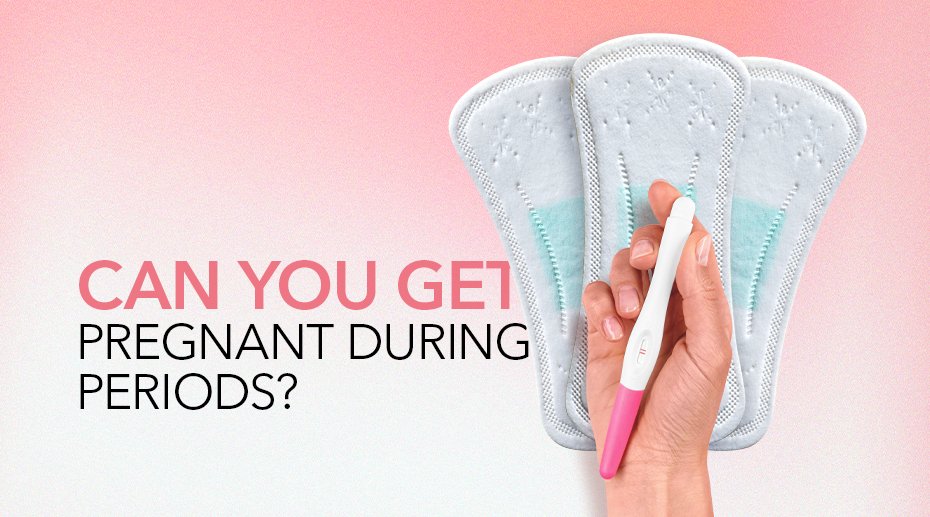

Basics of Menstrual Cycle: Period Guide for Teens
If you are reading this, then either you are a teen girl who is new to periods or someone who is just trying to understand the menstrual cycle better. It’s absolutely normal to have questions and even feel a little overwhelmed by all of it.
Let’s face it – Periods can be mysterious when they first appear. One day, life is normal, and the next, cramps creep in with mood swings and other surprises you didn’t see coming.
Understanding your menstrual cycle is far more than just knowing when your period will show up. It is knowing yourself, your well-being, and how all this is linked. This period guide intends to enlighten teens about the basics of the menstrual cycle. We will discuss different phases of the menstrual cycle, what’s normal, and what’s not, and how you can make periods less challenging. Stick till the end to be a pro at knowing the menstrual cycle!
What is a Menstrual Cycle and How Long Does it Last?
The menstrual cycle is one of the most known biological processes that women go through. It prepares a female’s body for pregnancy. This monthly cycle results in the shedding of the uterine lining, biologically known as endometrium, leading to a “period”. On average, the menstrual cycle takes 28 days, though it can vary from 21-35 days.
Phases of the Menstrual Cycle
There are four main phases of the menstrual cycle – Menstrual, Follicular, Ovulation, and Luteal. Understanding these phases helps you grasp changes within your body occurring every month.
Menstrual Phase
When we hear “period”, we generally think about this phase. In this, the uterine lining sheds over a few days (3-7). This lining gets released out of the body as blood, causing cramps, mood swings, and fatigue. What are these cramps now? That’s your uterus contracting while getting rid of the previously formed lining. Does it hurt? Well, quite often!
Follicular Phase
The follicular phase kicks off on your period’s first day, overlapping with menstruation. During this, your body prepares itself for the next menstrual cycle. In response to FSH (follicle-stimulating hormone) from the pituitary gland in your brain, several follicles start forming in your ovaries. Each envelopes an egg, but only one matures.
Ovulation Phase
Ovulation is when your body reaches the climax of every cycle, generally on or around day 14 in a 28-day cycle. During ovulation, a mature egg pops out of an ovary and travels down the fallopian tube, where it might meet with a sperm getting fertilized. You might experience a slight rise in body temperature and changes in cervical mucus that resemble egg whites – clear and stretchy.
Luteal Phase
The luteal phase kicks in after ovulation and lasts until the beginning of your next cycle. The follicle that releases the egg turns into a corpus luteum and secretes progesterone, which sustains the uterine lining to preserve the fertilized egg. If no pregnancy occurs, corpus luteum degenerates, progesterone levels decline, and your period begins all over. The symptoms are bloating, breast tenderness, and mood swings, aka PMS (Premenstrual Syndrome).
What is the Role of Hormones?
Let’s talk hormones! Hormones are the behind-the-scenes team in your menstrual cycle show. These tiny powerhouses regulate possibly all the stuff from ovulation to getting your uterus lined for the incoming egg. Estrogen and Progesterone are the primary hormones that balance your menstrual cycle. Luteinizing Hormone and Follicle-stimulating Hormone, are the secondary hormones that get your ovaries geared up. Sounds fascinating for once, right?
For teens, this much idea of what the menstrual cycle signifies, what are its key phases, and what hormones play a key role in it is enough to get started with. Now, comes the part where you need to know how to manage your menstrual cycle. This is where you need to focus on three things: menstrual hygiene products, common issues related to it and how to handle them, and tips to keep yourself healthy by a balanced diet.
Menstrual Hygiene Products
Let’s now understand the ways to manage your period hygienically. Generally, we come across these 4 types of sanitary period products:
- Sanitary Pads: Pads are comfy absorbent products that stick to your underwear. Switch them every 3-4 hours to rock fresh all day.
- Tampons: Tampons are game-changer products that can be inserted inside the vagina. Switch them every 4-8 hours for a safe experience.
- Menstrual Cups: These are flexible, reusable cups composed of silicone or latex used for collecting your blood flow. Change them after every 12 hours.
- Period Underwear: Period panties are designed with absorbent layers, similar to a sanitary pad, but sewn into a panty garment. A sustainable product that lasts for years!
Common Menstrual Issues and How to Manage Them
Period Cramps
Period cramps is a common term for period pain caused by uterine contraction. However, there are some girls who may experience extremely painful periods due to dysmenorrhea. To relieve the pain, you can try a heating pad, a warm bath, or exercise. Cutting down on caffeine and staying hydrated also helps. But wait, too lazy for all these and want an instant solution? Welme, a period pain relief gadget, is all you need!
PMS (Premenstrual Syndrome)
Anxiety, bloating, and headache may come up all at once as PMS before your period. Healthy nutrition habits, sufficient sleep, and to add up, stress alleviation methods such as meditating or engaging in mild physical activities can buzz off your PMS.
Irregular Periods
Having irregular periods is common, particularly when you have just begun with your periods. Factors affecting the regular cycle include stress, weight fluctuations, or hormonal imbalance. If your periods are constantly off or you miss some consecutively, you might want to see a doctor who will examine you for any underlying health issues.
Heavy Periods
Menorrhagia is a term used for excessive bleeding while on a period. This condition is quite disturbing and could be irritating. When met with, use highly absorbent tampons or pads. Alternatively, you can seek medical assistance for medications or hormonal treatments recommended by your physician. See a doctor if heavy bleeding affects your routine life.
Easy Tips for a Healthy Menstrual Cycle
Balanced Diet
Maintaining a balanced diet is vital for healthy menstrual cycles – leafy green veggies and lean meats provide the iron necessary to replace lost blood during menstruation. Omega 3 fatty acids from fish and flax seeds reduce inflammation and alleviate pain. Make vegetables, whole grains, fruits, and proteins a part of your daily meals to regulate hormonal balance.
Regular Exercise
Exercises like swimming, walking, or yoga are period-friendly and help ease your period cramps by releasing endorphins: natural analgesics. However, not all exercises align with periods. There is a set of exercises for periods, some medically recommended too, that one should do during periods to improve mood and relieve cramp pain.
Stress Management
Wondering how stress and your period are related? Stress can actually disrupt your period and worsen PMS. Reducing stress using mindfulness activities, engaging in hobbies, or talking to a friend can positively influence your menstrual health.
Tracking Your Cycle
Monitoring your menstrual cycle helps you become more wary of your body. Log into applications to track your period, symptoms, and other information. It’s always easier to manage when you know what’s coming up.
Wrapping Up
Understanding your menstrual cycle is key to taking control of your body and its health. Having knowledge about different phases of the menstrual cycle and related common issues empowers you towards better self-care and a confident you.
However, to handle menstrual cramps, there’s one innovative approach worth mentioning-Transcutaneous Electrical Nerve Stimulation (TENS). It is a drug-free and effective way of getting rid of cramp hurdles with zero side effects. It is a safe and convenient way to say instant goodbye to period pains. TENS-powered period pain relief devices like Welme can help increase comfort during periods.

